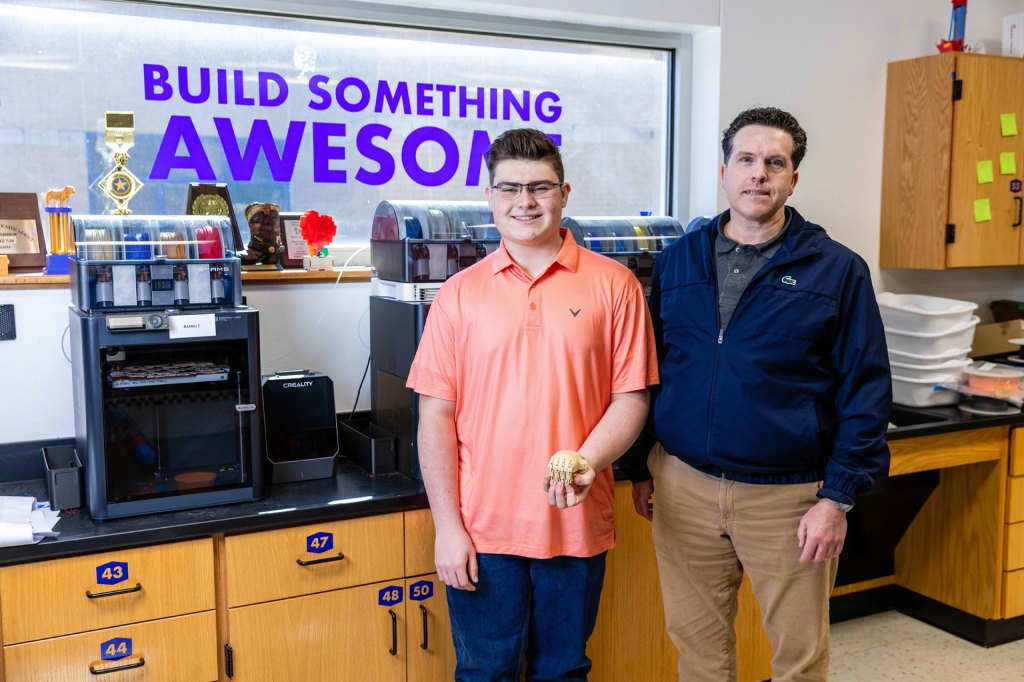Employment
-

The Quarterly Catch-up, Q4 2025
Check out the latest community development-related research, analyses, and articles from all 12 Federal Reserve Banks and the Board of Governors. This post captures content published between October 1 and December 31, 2025, on topics affecting communities.
-
Native Economic Trends
Native Economic Trends brings together decades of data to visualize socioeconomic change over time—for individual Native places and for Indian Country as a whole. Drawing from publicly available data, this interactive tool enables users to explore patterns in population, infrastructure, and economic measures for Native geographies and communities.
-

Millions ready to work but face barriers, new and old
How do we better connect people with economic opportunity? Policy Summit 2025 panelists talk artificial intelligence, the need for child care and other supports, and the importance of word of mouth.
-

The Quarterly Catch-up, Q3 2025
Check out the latest community development-related research, analyses, and articles from all 12 Federal Reserve Banks and the Board of Governors. This post captures content published between July 1 and September 30, 2025, on topics affecting communities.
-
Occupational Mobility Explorer
This interactive tool sheds light on career pathways in the U.S. labor market. The tool allows users to explore career paths and visualize how job skills needed for specific occupations can transfer to higher-paying occupations in the same geographical area. Users can also access resources to help them search for jobs in their region and…
-
Opportunity Occupations Monitor
The Opportunity Occupations Monitor displays opportunity employment and its prevalence across labor markets.
-
Regional Economic Growth and Mobility Dashboard
The dashboard organizes the metrics from the Third Federal Reserve District into issue areas that include overall prosperity, quality job creation, education and workforce development, and infrastructure and affordable housing. These issue areas align with the goals of the Philadelphia Fed’s Economic Growth & Mobility Project.
-
Survey of Community College Outcomes Data Dashboard
The Survey of Community College Outcomes is a tool the Richmond Fed has developed to better measure the way community colleges are serving their students and communities.
-
Labor Market Sliders
The labor market sliders provide convenient insight into the connections among five important macroeconomic indicators: GDP, labor productivity, employment, unemployment, and the labor force participation rate.






